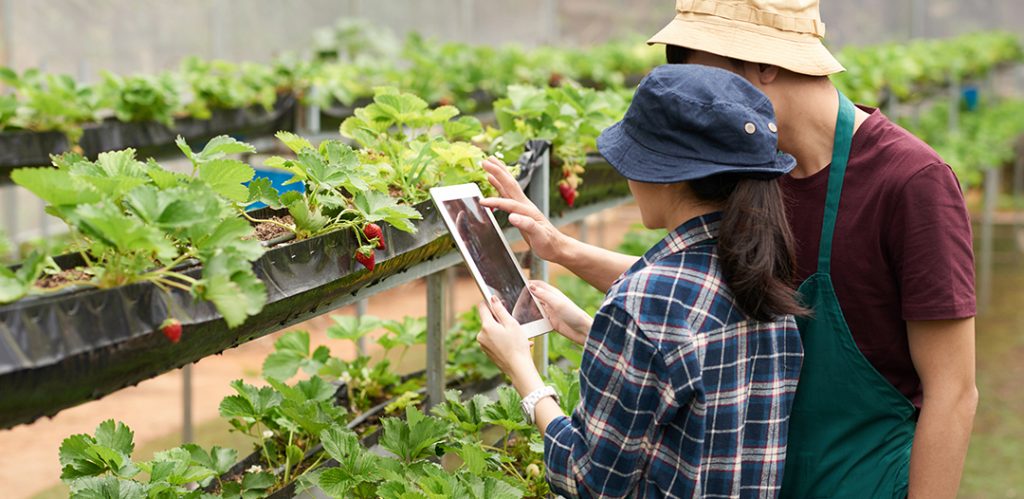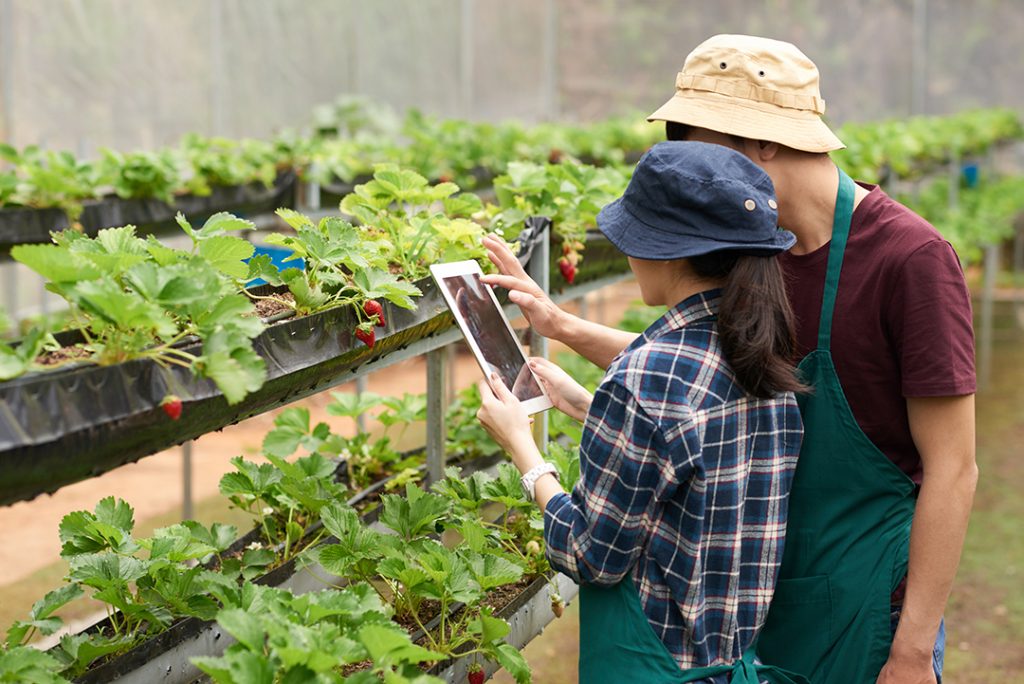RATIONALE
Home / Rationale

Rationale
The 21st century faces challenges of great importance to humanity. Some of them, as a result of the increasing course of activities promoted by man, willing to produce more food but having adverse consequences as climate change, floods, droughts, desertification, loss of biodiversity, pests and diseases; and their consequences on the sustainability of the planet and together with other supervening factors, resulting from Covid-19 and the current global tensions and conflict, such as the health, food security and economic negative consequences. In this context the 7WC will address as Key Topic “Response to the emerging global scenario: financing as a lever to mitigate direct and indirect impacts on agricultural and rural enterprises”.
It is also known that environmental problems fuel inequality and inequality, in turn, reinforces environmental problems in a permanent circle of effects, threatening the sustainability of human development.
On the other hand, the Organization for Economic Co-operation and Development (OECD) forecasts that world demand for agricultural products will grow by 1.2% per year in the present decade, and that the increase in world production by 87% will come from the increase in productivity, which will be key to feeding a growing world population, which is projected to reach 8.500 million in 2030.
These great challenges arise in a context in which inequality between and within nations persists and increases, which has made the task of meeting the sustainable development goals increasingly complex. This is particularly relevant in the field where poverty, and at the same time a relevant portion of employment, are concentrated.
Hence, innovation in agricultural processes is necessary to overcome some of these challenges and make agriculture attractive and profitable for the farmers involved in feeding the world. In order to achieve these objectives, access to financing is a key factor for the adoption and application of these important technological advances in the agricultural-livestock and rural sector.
Faced with this scenario, the financial institutions oriented toward this sector are in the best position to promote the use of actions to control environmental effects, reduce inequality and establish production systems with greater resilience and reversal of inequalities, such as financier and financing catalyst for investment in the generation and adoption of new disruptive technologies, especially in the smaller production units.
Helping to break this vicious circle of damage to the environment-inequality-environment is a fundamental step for a future with greater social harmony, and also with greater harmony with the environment and less vulnerability vis-à-vis climate change. Economic growth and caring for the environment are not mutually exclusive. In no way do they imply opting for one or the other, and proof of this is that the sustainable development goals (SDGs) and climate commitments strongly reinforce each other.

